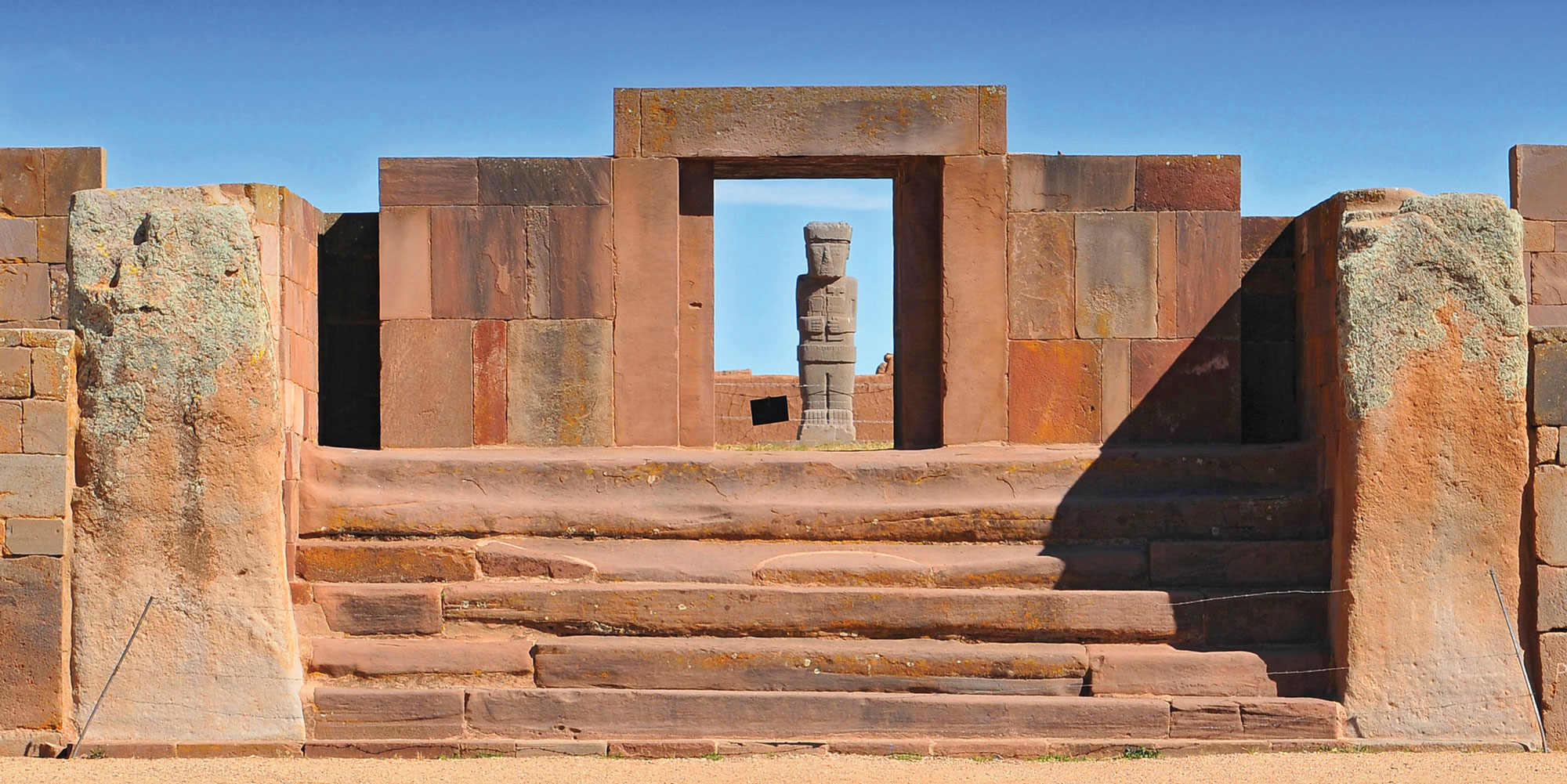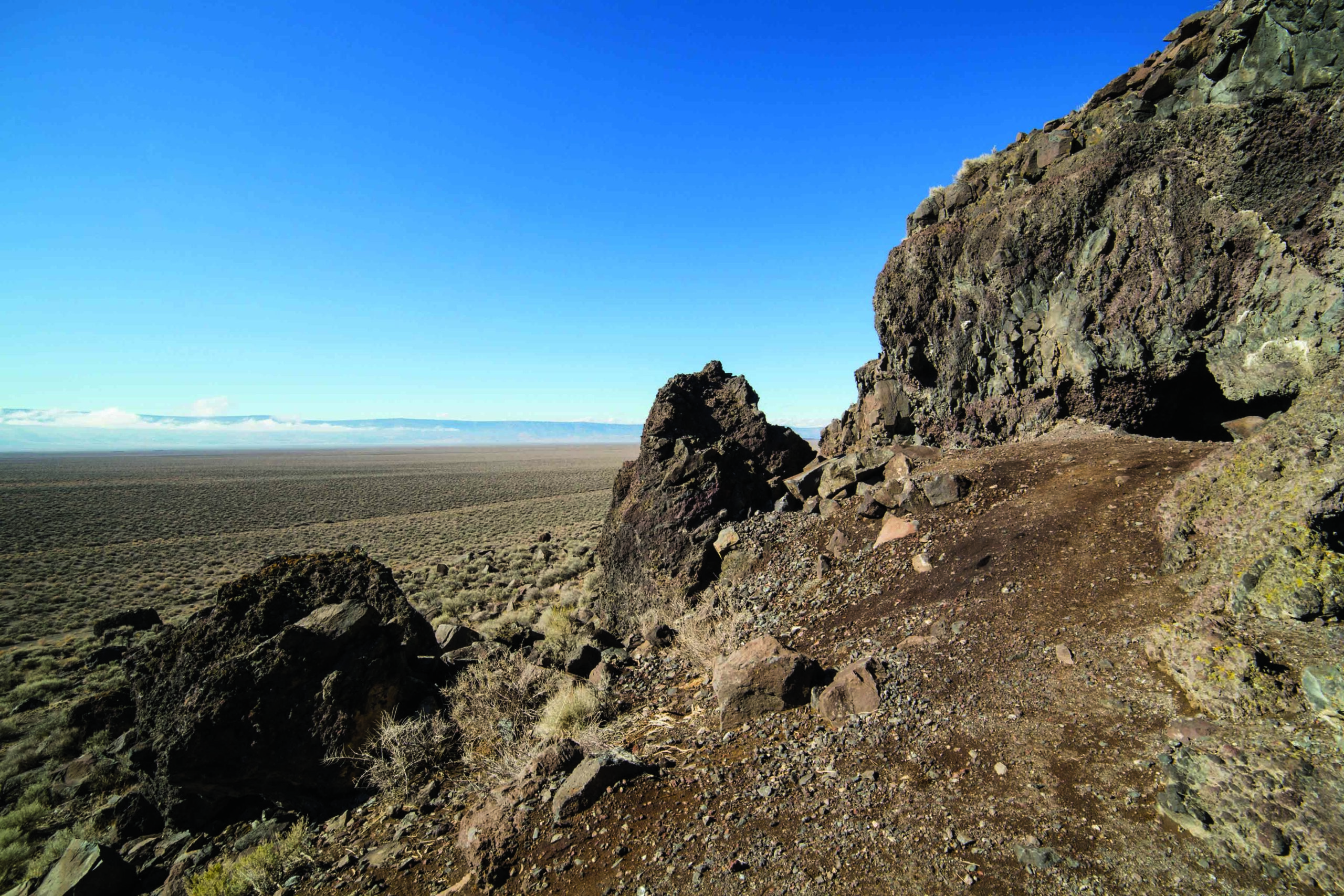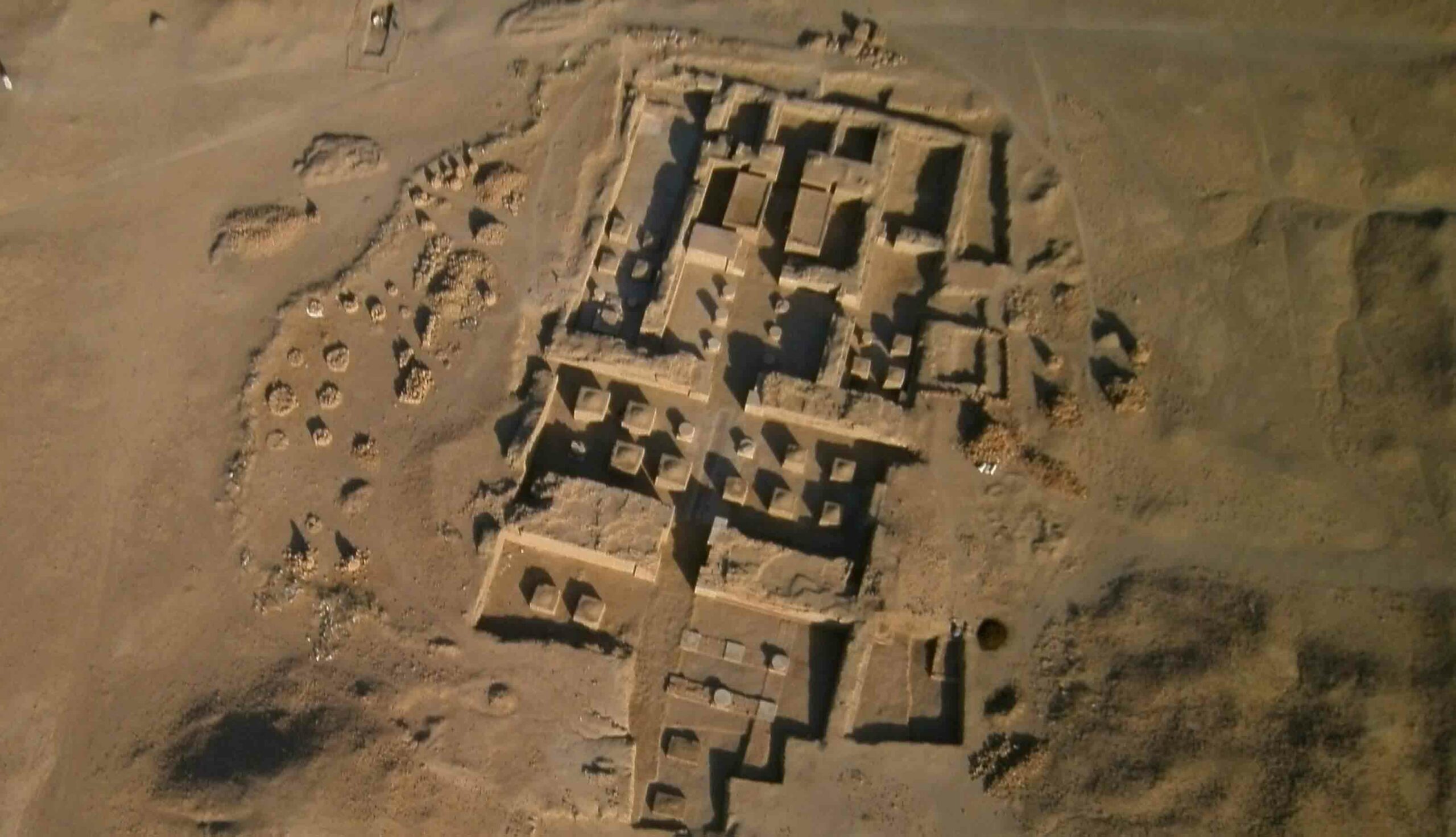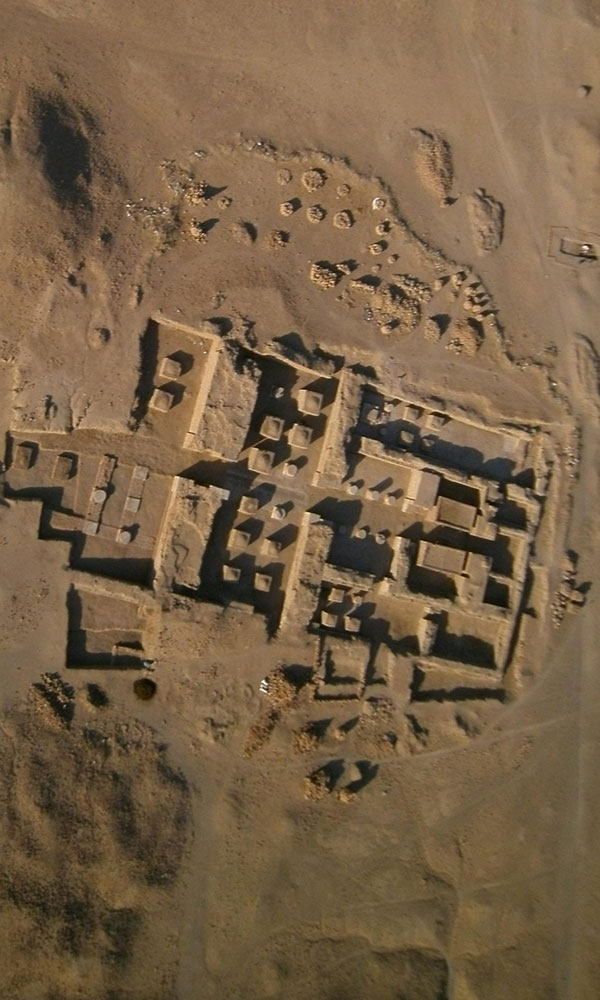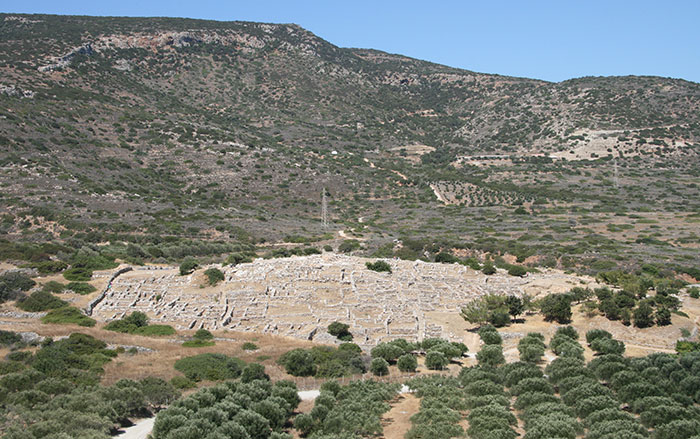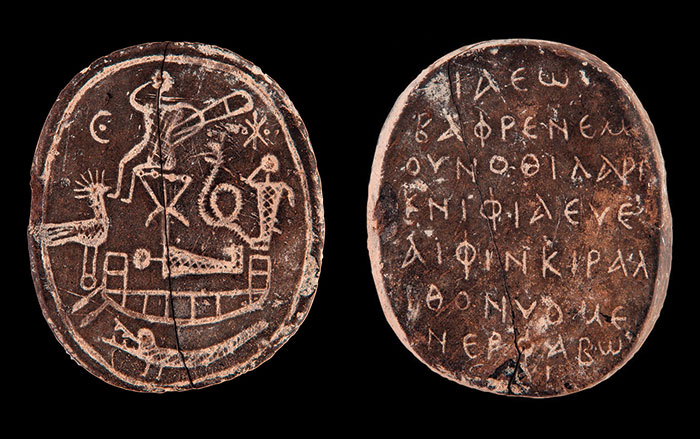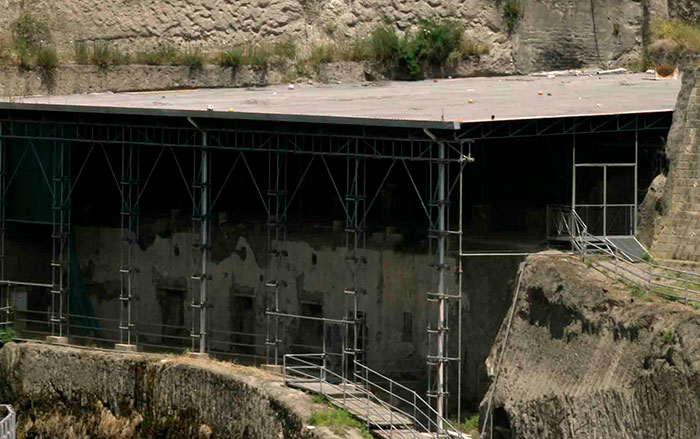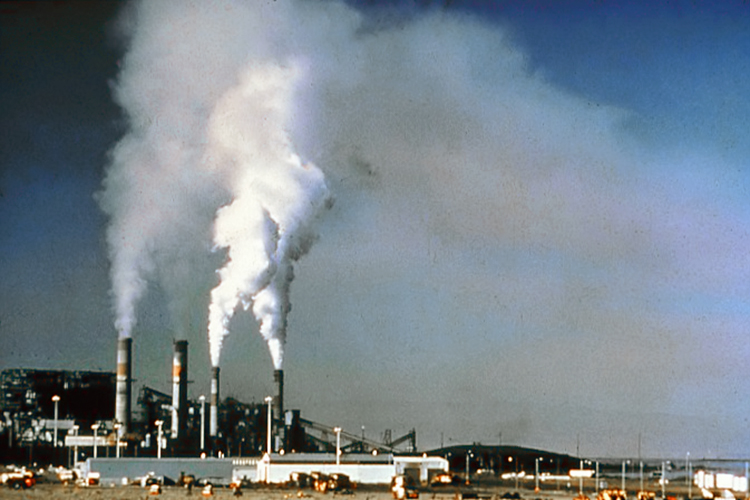
LONDON, ENGLAND—Fossil fuel emissions could soon make it impossible for radiocarbon dating to distinguish between new items and artifacts that are hundreds of years old, according to a study by Heather Graven of Imperial College London. Fossil fuels are so old that they contain no radioactive carbon-14. Radiocarbon dating works by measuring the fraction of carbon-14 in an object, so fossil fuel emissions in the atmosphere that are taken up by plants make an object seem to be older than it really is. For example, at the rate that fossil fuel emissions are increasing, by 2050, a new t-shirt would have the same radiocarbon date as a 1,000-year-old robe. “If we reduced fossil fuel emissions, it would be good news for radiocarbon dating,” Graven said in a press release. To read about an innovative dating technique, go to "Nondestructive Radiocarbon Dating."



